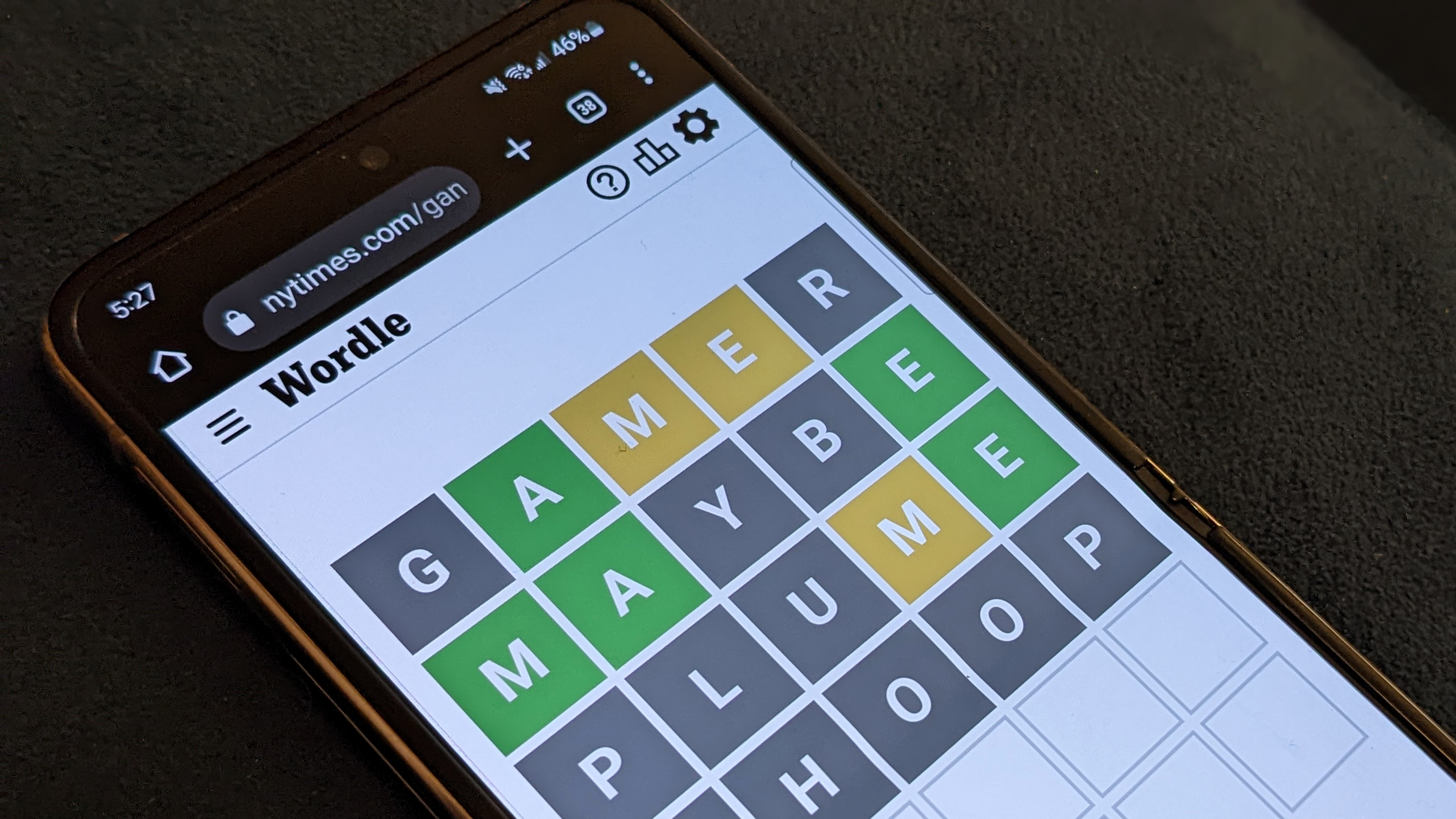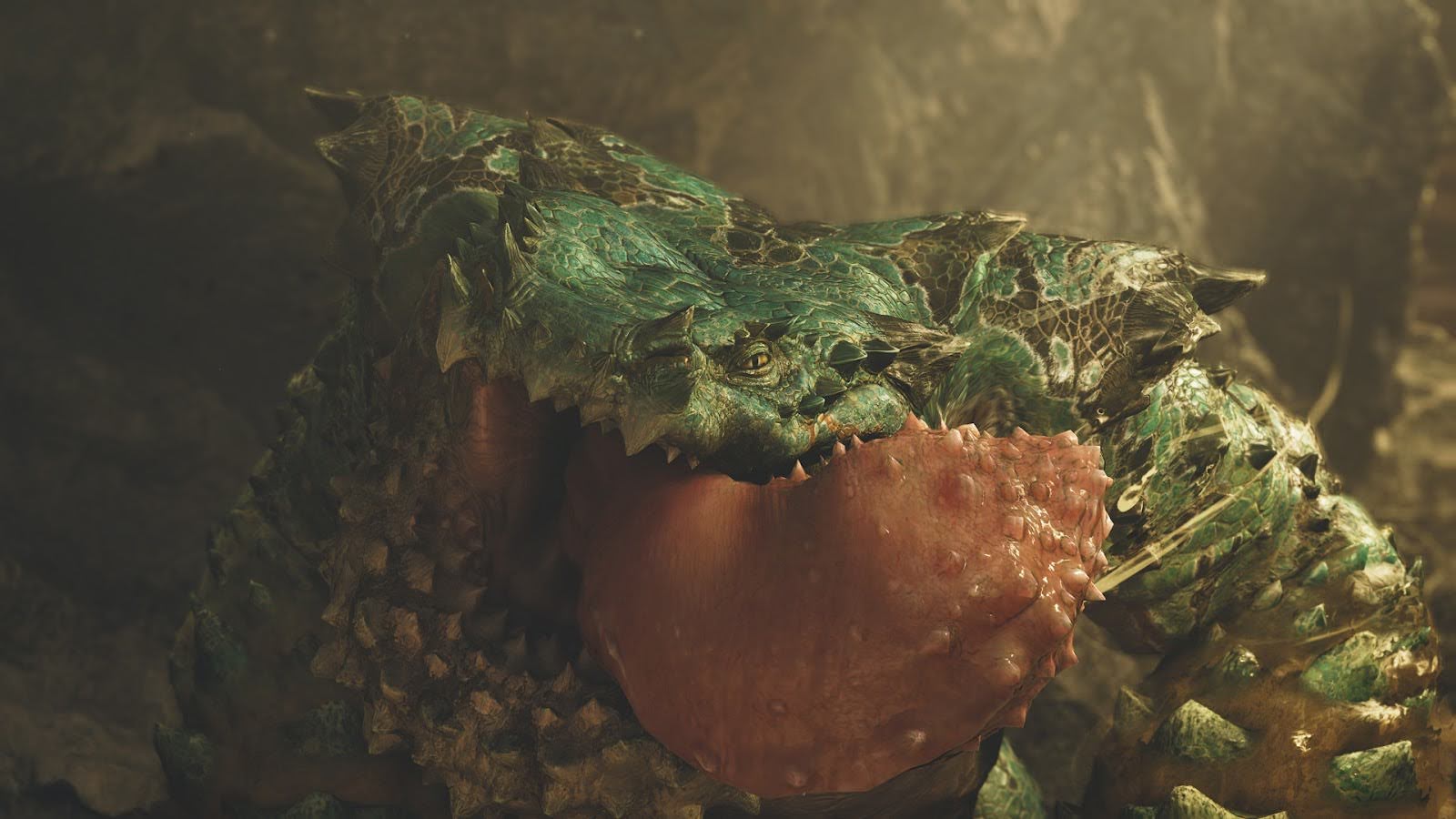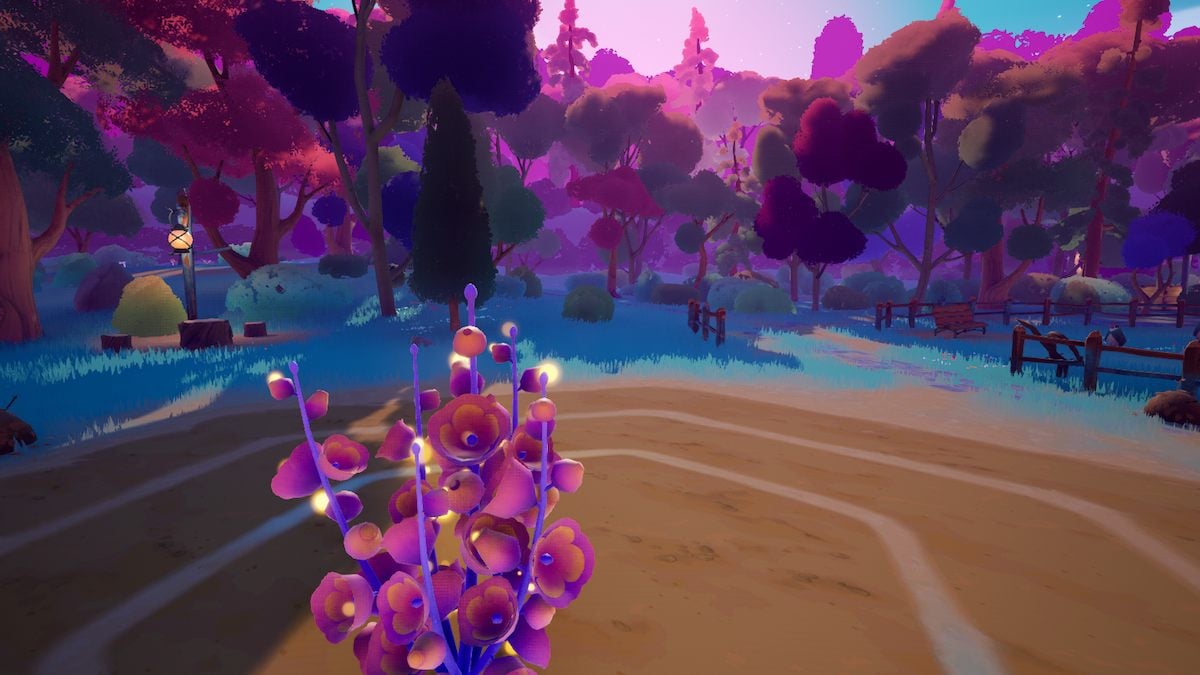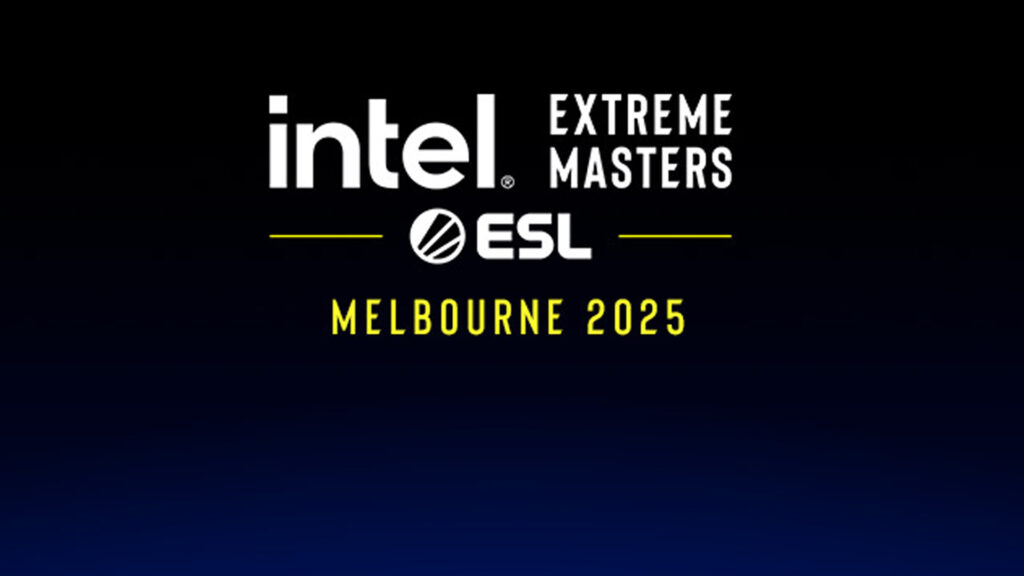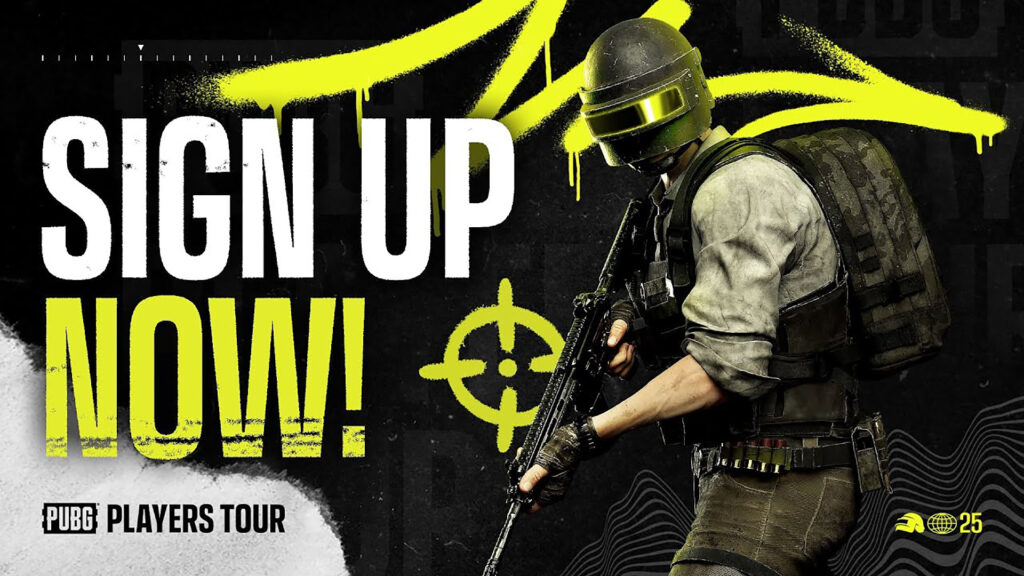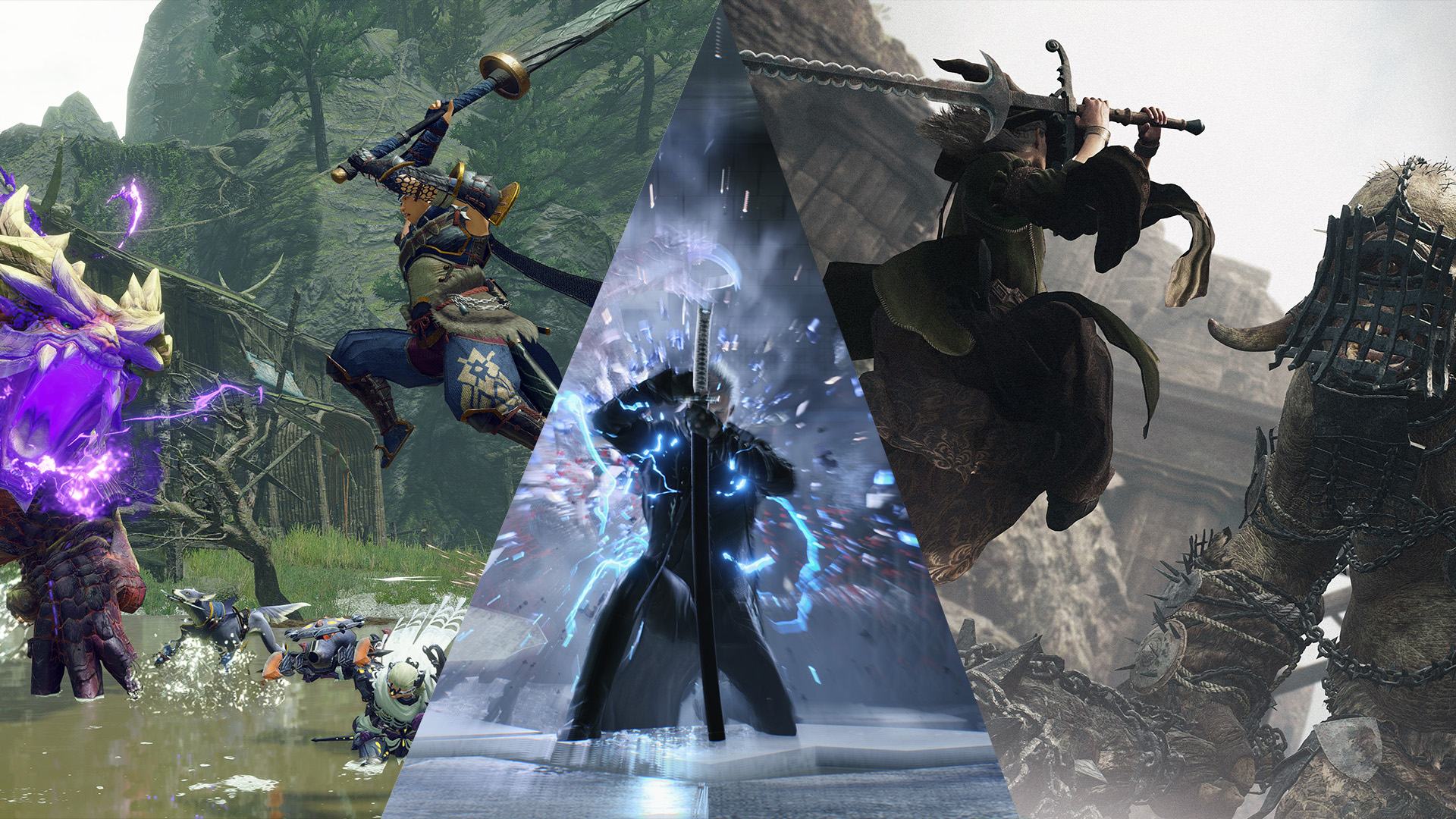
Hideaki Itsuno credits his early career working on arcade games for the fundamentals of great action design.
Asking someone to pick the best-feeling Capcom action game is like asking a parent to pick their favorite child: they absolutely have one, but singling one out just feels wrong, y’know? (The correct answer is God Hand, btw). Today Capcom is riding high on the consistently great Resident Evil series and the absolute juggernaut that is Monster Hunter, with a reputation as perhaps the best action game studio in the world. PlatinumGames, founded by former Capcom talent, may have owned that title for awhile, but has faltered in recent years with games like Babylon’s Fall while Capcom releases win after win.
It’s not just that Capcom is synonymous with action games that feel incredibly good to play—it’s that each game manages to carve out its own style while still making us go “Ahh, now there’s the Capcom magic.” In the Resident Evil 4 remake, it’s the basic knife attack turned lifesaving pinpoint parry. In Monster Hunter, it’s the staggering range of weapons and how intricate each feels, from the acrobatic aerial combos of the insect glaive to smashing a dino’s face with a greatsword. In Devil May Cry, it’s the way combos allow you to string together dozens, hundreds, of continuous attacks as ssstylishly as possible. In Dragon’s Dogma, it’s applying the freedom of RPG gear and skill choices to the classic fantasy of climbing on a cyclop’s back and stabbing him in his one giant eyeball.
When I asked Capcom veteran Hideaki Itsuno what the common ingredient is between all these action games, he had a quicker answer than I expected: It all goes back to Capcom’s long history in the arcade.
“We all try to put some of our learnings from arcades [in our games],” Itsuno said. “I started in arcades, and there are some basic learnings that we carry from that time. One is creating something that people can understand by watching and feel like they want to try by watching. [We try to] create something that people can imitate after having watched it, and have fun within a short timeframe. At the arcade center you’re watching other people play and going ‘oh, it looks like fun.’ When you put your coin in and try to replicate what you saw, you have to be able to get a grip of it in three-to-four minutes so you think ‘I want to try it again.’
“Those teachings are something I’m very consciously aware of and try to put in action games, and probably some of the people who make Monster Hunter are also conscious of it, because we have this background in common.”
Itsuno has been at Capcom since 1994, when the company was already well-known for fighting games but much smaller than it is today. Over the last 30 years Capcom has grown but arcades have waned, to the point that likely few of the younger developers at Capcom today have that grounding in the pick-up-and-play games that defined Itsuno’s early career.
“For the younger generation that didn’t experience arcade games, we try to explain the logic that got us there: ‘this is what you want to achieve, and this is what you do,'” Itsuno said. “We’re conscious of trying to convey this to the younger generation. This arcade logic translates into all these details, like this motion when you’re about to punch someone—”
Itsuno throws his fist out to mime an exaggerated punch, holding it in place for a couple seconds
“How much time do you want to put on the fist that goes back before punching? After punching, how long do you want to keep the fight straight before retrieving it? When you jump, how much do you want to bend the leg to create the motion of jumping? All these little details are the result of the logic that we have [from arcades].”
In 2019 Itsuno gave a great talk at the Game Developers Conference about creating Devil May Cry 5, where he spoke in detail about the emotional response he wanted to evoke in players and how the pacing of the game achieved that by unlocking your ultimate ability during the narrative climax. With Dragon’s Dogma 2, which is open world rather than linear, he had to give up that tight control and simply breadcrumb in clues that will lead players to the big, dramatic moments he wants them to have.
“There are specific elements that some people will definitely miss, and people that really pay attention to detail will catch,” he said. “For a specific type of person that pays attention to details, they’ll start realizing some specific elements, and once they catch one they will catch the next one and the next one. Those people will have a very specific experience that I’m hoping is really emotional.”

